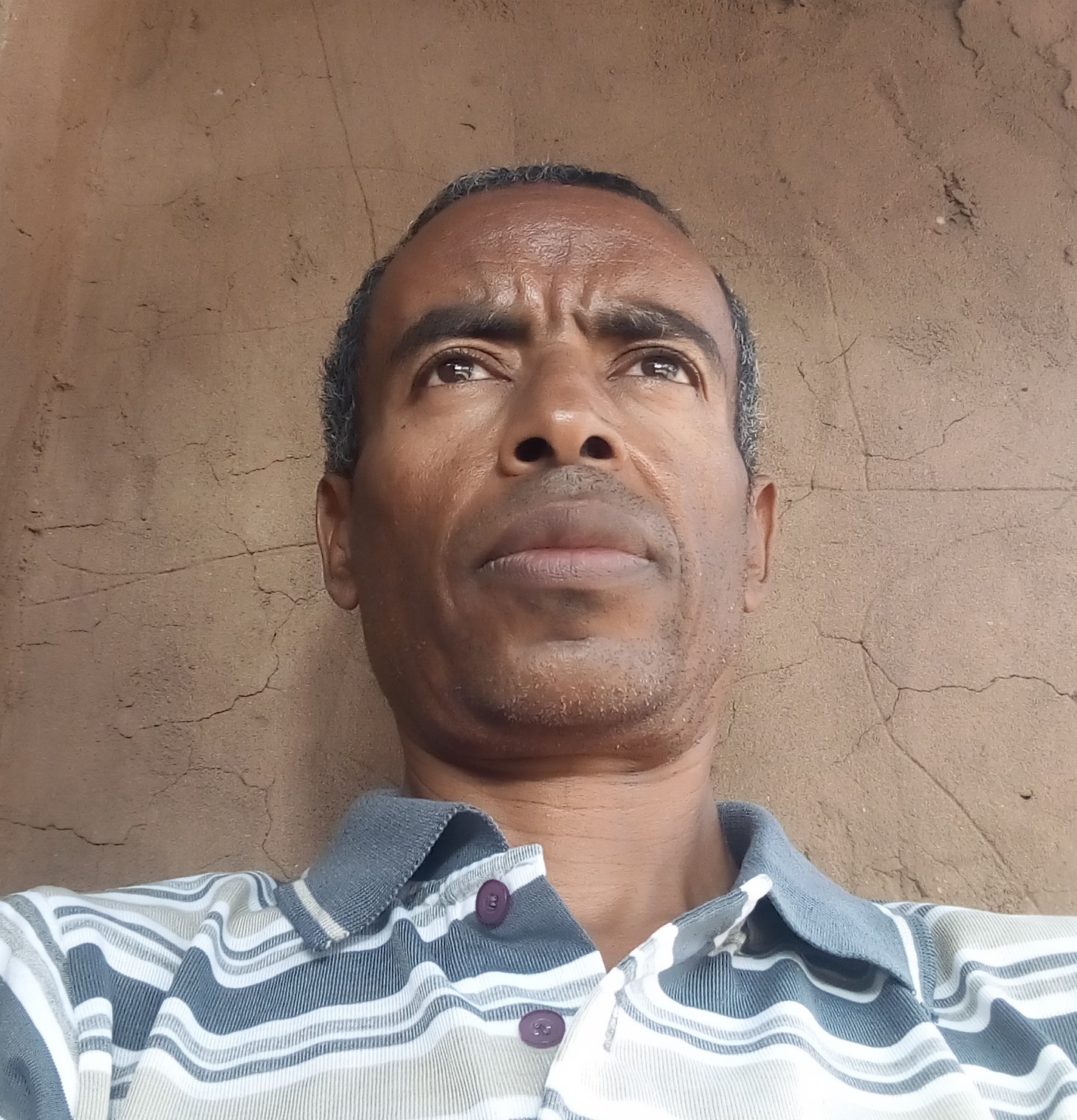We are thrilled to announce Gerawork Teferra has been awarded the “Voltaire Prize 2024 for Tolerance, International Understanding and Respect for Difference”. See the University of Potsdam Press Release HERE.
Gera is one of two Voltaire Recipients in 2024 who are committed to the freedom of research and teaching in a special and yet very different way. The Belarusian political scientist and publicist Olga Shparaga and the Ethiopian humanities scholar and educator Gerawork Teferra Gizaw will be honored. In recognition of the outstanding commitment of the two researchers, the Friede Springer Foundation has provided a one-off total of 5,000 euros for the prize endowed with 10,000 euros this year. Originally from Ethiopia, Gerawork Teferra Gizaw lives and works in the Kakuma refugee camp in Kenya, where the Potsdam historian Prof. Dr. Marcia Schenck met him in 2016 as a participant in her course on global history. “He learned incredibly quickly and acquired the skills of an oral historian, which he then used to explore different facets of camp life,” says Schenck. “Our encounters in the camp’s makeshift classrooms marked the beginning of an enriching collaboration that resulted in joint publications, instructional initiatives, and enlightening discussions.”
This is an important and exciting year for Gera who was also awarded the scholarship for the Imagining Futures – Routes Scholar in Residence Programme 2024 in Exeter, UK. Gera’s project will research histories of human mobility and the implications of the latter for present-day laws and protocols related to ‘undesirable’ forms of mobility. As part of the Scholar in Residence programme Gera will present, as our guest of honour, his preliminary findings of this project at the Routes workshop ‘Exploiting mobility: governments, law and the instrumentalisation of movement’ in March 2024. Gera’s project, which aims to use historical perspectives on mobility to examine present day-laws and protocols related to migration is one that will be an excellent and important addition to the March Routes workshop. Gera’s approach is one that will bring a fresh perspective to questions of present-day regulation of mobility by nation-states. This vital opportunity for Gera’s in-person 6-week residency will enable Imagining Futures and Routes to facilitate Gera’s research, including visits to museums and archival collections, interviews, site visits and introductions to colleagues at the University of Exeter. We are looking forward to learning from Gera’s research on systemic thinking, poverty and development and his work on experiential realities beyond the boundaries of time and place.

